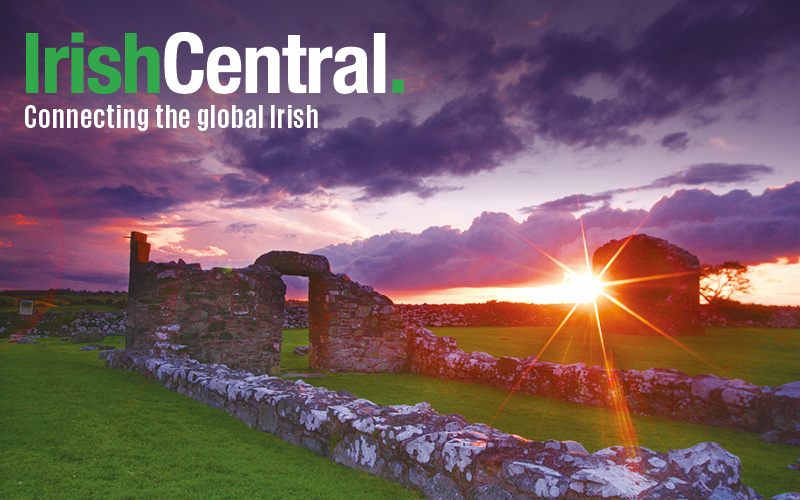This time of year is sacred to fans of Irish sport. The national games, hurling and Gaelic football, are reaching their climax and the All-Ireland finals are upon us. This weekend features both a football replay – Mayo and Dublin drew in the football semi-final last Sunday and Dublin won a thrilling replay and the hurling final.
In the hurling final, Galway, both my adopted home and my ancestral county, will face off against Kilkenny, the New York Yankees of hurling. Kilkenny has won an extraordinary 35 All-Ireland hurling championships.
What’s the difference between the GAA and American sports? Even at the highest level, the players are all amateurs.
Galway, despite almost always being one of the best hurling sides in the country, has not won an All-Ireland since 1988. The excitement and anticipation there, as I discovered this past week, is incredible.
The city is literally covered in the county colors, maroon and white, and there is little else that people there want to speak about at the moment. By way of comparison – and I do not say this lightly – there is a more electric atmosphere in Galway city and county at present than there has ever been in my home city of Boston in the midst of a Red Sox playoff series or before the Patriots have played in the Super Bowl.
My stepson Seán and I were lucky enough to be present in Dublin’s Croke Park, a beautiful 80,000+ seat stadium that is the Mecca of Gaelic games, for Galway’s semi-final upset win against Tipperary.
Having been at many storied sporting events in Boston over the years, I’ve experienced all of the highs and lows that come with being a sports fan. The exhilaration I felt when the final whistle blew and Galway pulled a win out of the bag by a whisker surpasses any of the myriad emotions that sport in my home city has engendered. That we traveled to the match with a good friend who was a minor (under 18) hurler for Tipperary made the victory even sweeter!
Before relocating to Ireland from Boston in 2001, I knew of Gaelic games, but I can’t say that I was a fan or that I ever participated seriously in them.
It was, frankly, a mystery to me as to why so many people wore unfamiliar sporting jerseys at Mass in my parish church and went to Irish pubs early on Sunday mornings. In September 2001, however, my cousin in north Galway introduced me to Gaelic football and I have been one of them on visits home since then.
The GAA in Boston, and throughout North America, is focused on growing the games there. Traditionally, participants were Irish emigrants; now, their offspring and Irish Americans of more distant lineage are learning and excelling at Gaelic football and hurling. The amateur ethos of the GAA and the special fashion in which it fosters a deeper sense of pride in the Irish heritage that tens millions of Americans proudly share are unique selling points.
In an appropriate ode to all that is great about the GAA, Boston Globe columnist Kevin Cullen recently wrote that “When you watch the GAA at its highest level, the athletes’ skills are extraordinary. And they’re all amateurs. The GAA has studiously avoided professionalizing its games, even though the athletes train at a level comparable to professional athletes. The willingness of athletes to train so hard, compete so hard, for absolutely no money elevates them to a level of local hero.”
Cullen advises those traveling to Ireland: “If you want to understand the Irish, just go and watch a football or hurling match in whatever city, town, or village you find yourself.”
He’s absolutely right. And I would take it a step further. If you want to call yourself an Irish American, you must understand and respect the special place of the GAA. In many ways, it is the glue that has always held this country together. Its amateur ethos is a welcome contrast to the toxicity that the almighty dollar has bred in American professional sports.
So if you’re an Irish American and a stranger to the GAA, this month’s finals can provide an ideal introduction. As always, many Irish pubs will be showing the matches. And now, GAA GO (https://gaago.rte.ie/ - @GAAGO) allows fans all over the world to watch Gaelic football and hurling matches online for just €14 ($15.61).
I would strongly encourage Irish Americans and all those with an affinity for Ireland to tune in. If you’re already a sports fan, it literally could change your life. I am living proof that it can. Gaillimh Abú!
Boston native Larry Donnelly is a law lecturer in University College Galway




Comments